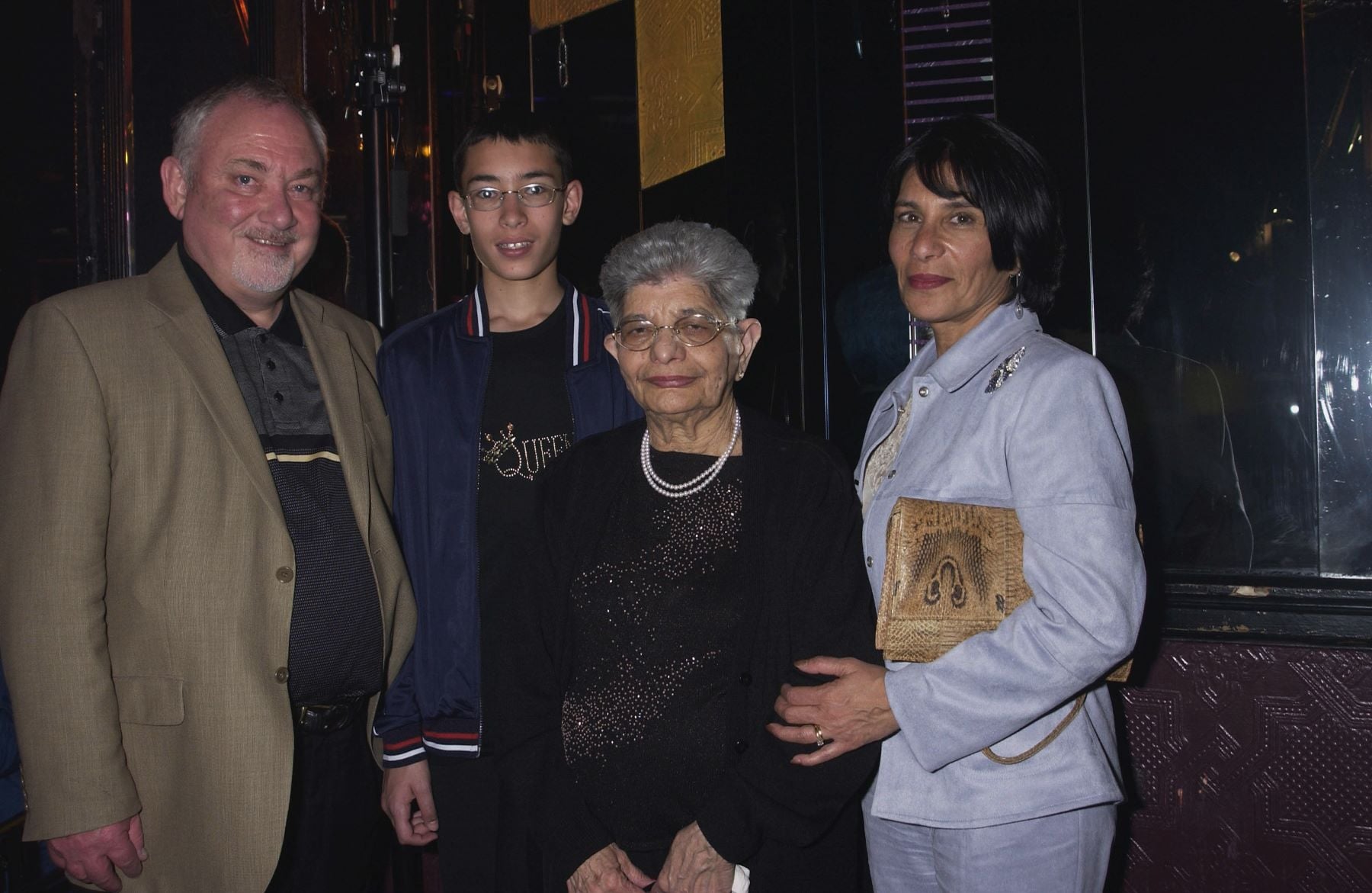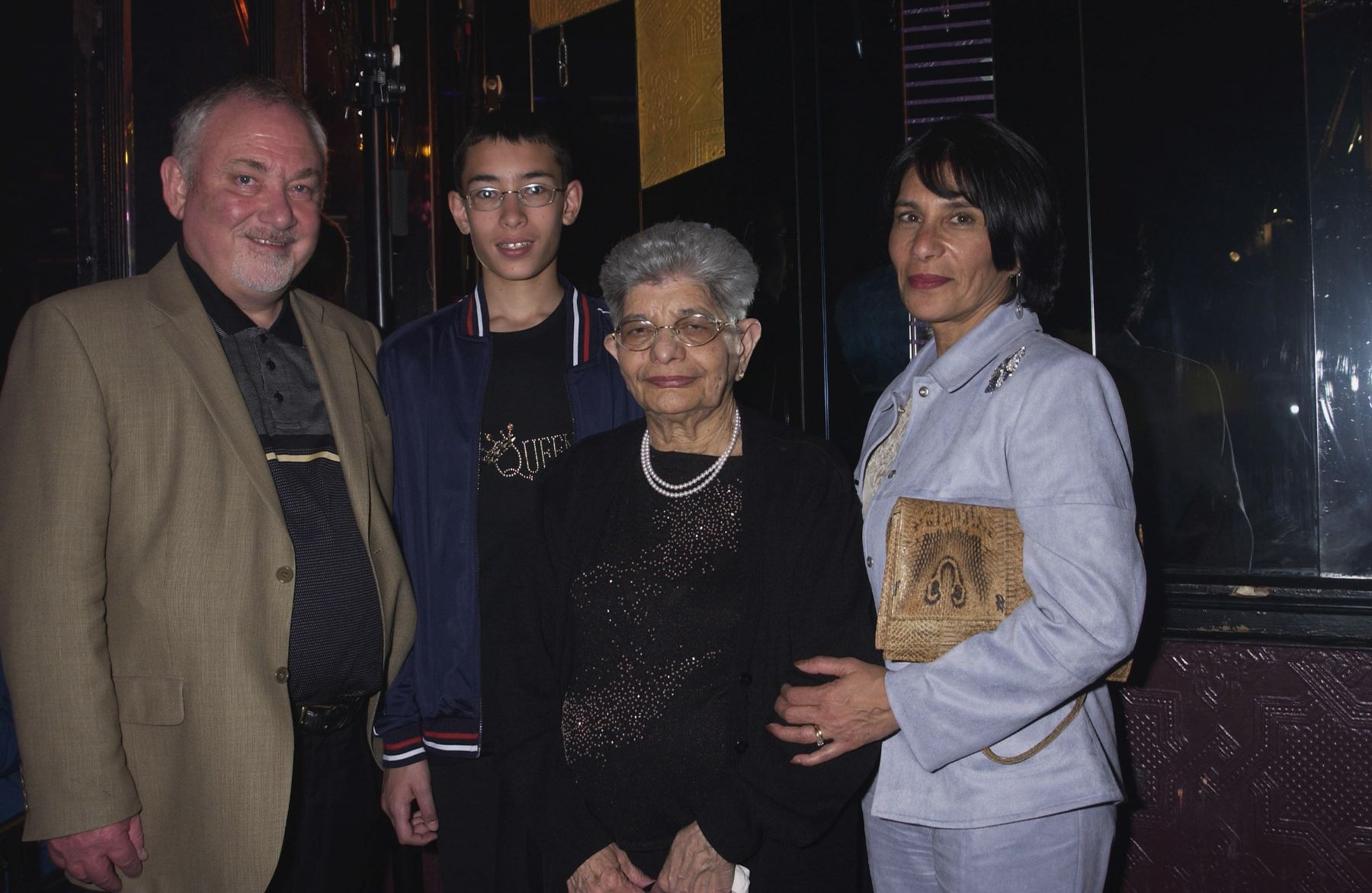
Why Freddie Mercury’s Parents Burned All of His Belongings When He Died
Freddie Mercury died tragically early, at the age of 45 in 1991, but he remains one of the biggest icons in classic rock. As the frontman and lead singer of the band Queen, Mercury’s songs influenced a generation —and his unique, flamboyant stage presence earned him millions of devoted fans. While Mercury was raised in England, he was born in Zanzibar — and for many years, he was a practicing Zoroastrian. His religious affiliation explains the interesting way that his parents reacted after the singer’s untimely death.

Mercury was a practicing Zoroastrian when he moved to England
Even though Freddie Mercury attended the Church of England after his family relocated to the U.K., he remained a practicing Zoroastrian, according to Express. According to World Religion News, Mercury’s parents, Bomi and Jer Bulsara, devoutly practiced their religion for the rest of their lives — while Mercury himself was a bit more private about his beliefs. Notably, the singer didn’t talk about his religion, and once he rose to prominence as a musician, he stopped practicing altogether.
Despite this, Mercury is said to have retained some of his Zoroastrian beliefs, with a Zoroastrian priest officiating his funeral when he died in 1991. Family members and friends from around the world gathered to attend Mercury’s funeral and pay their respects to a man who lived life on his own terms — and changed the face of popular music at the same time.
Why did Freddie Mercury’s parents burn his belongings after he died?
Freddie Mercury’s parents and his younger sister, Kashmira, were undoubtedly devastated by his death. They remained out of the public eye as much as possible in the days surrounding the singer’s death from AIDS complications. What fans do know, however, is that Mercury’s Zoroastrian faith was acknowledged in the time after his funeral. Express noted that, in accordance with the practices of the religion, most of Mercury’s belongings were burned.
One thing that was not burned was Mercury’s stamp collection.
Joanna Espin, Curator of The Postal Museum, told Express, “When Freddie Mercury passed away, a lot of his belongings were burnt in accordance with his family’s religious beliefs. One of the reasons we think this (album) wasn’t destroyed upon Freddie’s death was because the stamps had originally come from his father.”
The stamp album now resides at The Postal Museum for fans and followers of Mercury to visit whenever they want.
Freddie Mercury’s parents were Parsis
Freddie Mercury’s life was like a storybook even before the singer was born. Mercury’s parents were Parsis, Indians of Persian descent who had fled modern-day Iran when Islam replaced Zoroastrianism as the dominant religion in the area, according to Biography. After they were married, they moved to Zanzibar from Gujarat. After their son, Farrokh Bulsara, was born in 1946, the family decided to remain in Zanzibar for several years.
During their time in Zanzibar, the young Bulsara was sent to boarding school in Bombay, where he began his musical studies. He became prolific on the piano and started experimenting with singing rock songs. His impressive vocal range made waves, and by the time he was a teenager and back in Zanzibar, he knew he wanted to join a band. In the early 1960s, the family moved to England. It was there that Bulsara dubbed himself “Freddie Mercury” after helping to form the band that would eventually become Queen.


